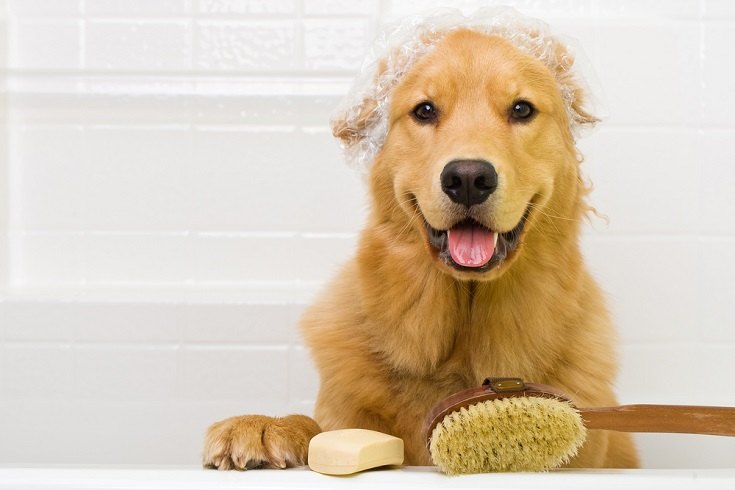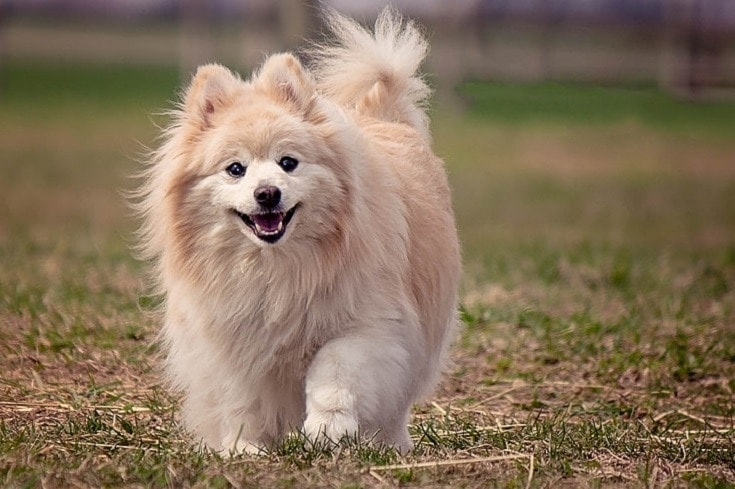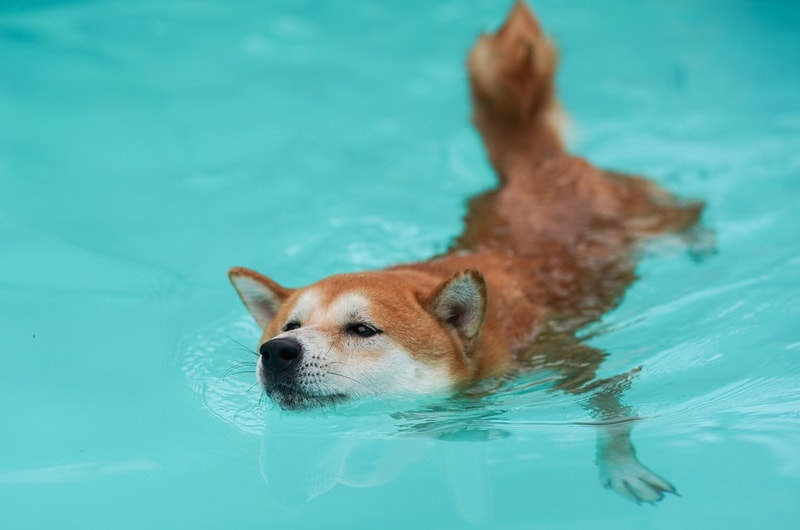How Many Puppies Do Corgis Have? Litter Sizes & Pregnancy Info
Updated on
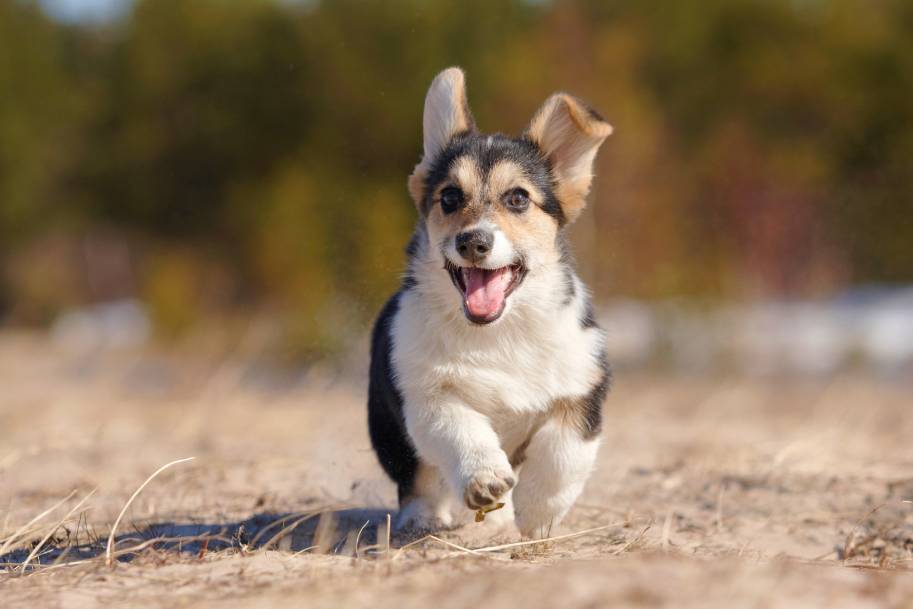
Click to Skip Ahead
Corgis are a cute and popular dog breed that have been selectively bred for generations to preserve their bloodlines. This has resulted in the Corgi pups that we know and love today. Corgi puppies are extremely small, and the average Corgi litter size is five to eight puppies. However, litters can be bigger or smaller, depending on several factors. If you have a pregnant Corgi or are considering breeding your Corgi, litter size is an important factor in planning for the future.
Corgi Litter Size
Corgis have an average of five to eight puppies in a litter. The most common number of puppies is six for a dog’s first litter. The largest recorded litter size for a Corgi is 15, but this is extremely rare.
It’s important to know that every Corgi is different, and their litter size can vary, even between pregnancies. The good news is that ultrasounds can tell you the exact number of pups to expect in about the 5th week of pregnancy, long before they are delivered.
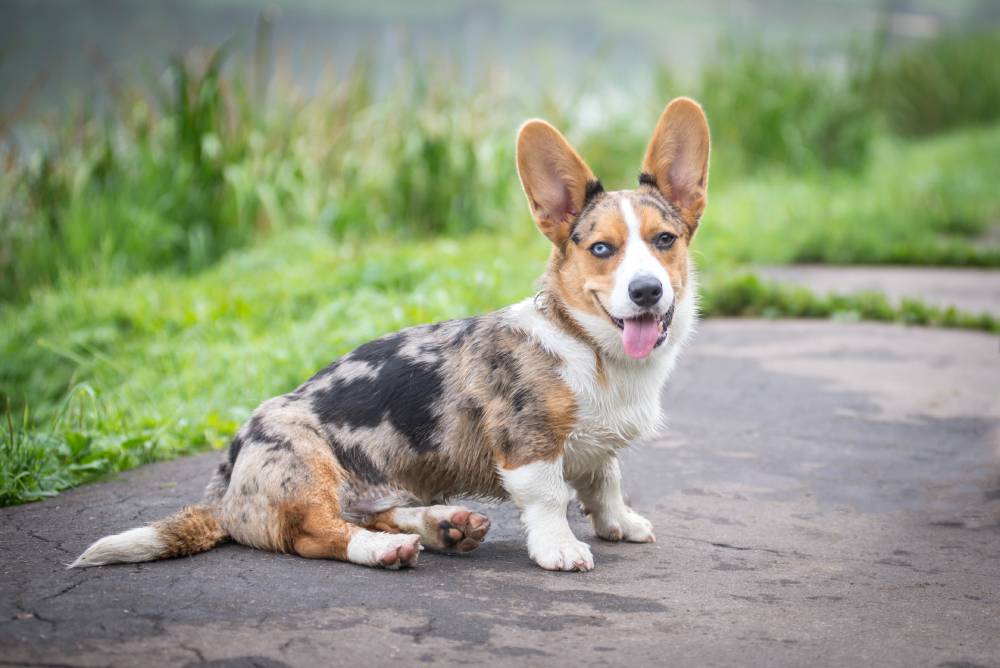
Factors Affecting Litter Size
Several factors can influence the number of puppies in a litter. These include:
- The mother’s health status — Pregnant Corgis with no medical issues will have larger litters than those with medical conditions.
- Genetics — If a Corgi’s parents have a history of large or small litters, this can impact how many pups are in their litter.
- The mother’s weight — A dog that is underweight or obese is likely to have fewer puppies than one at a healthy weight.
- Age — Young dogs that have not reached maturity (under 1 year of age) are more likely to have small litters.
- Diet — Corgis that are fed high-quality, nutritious food throughout their pregnancy will have larger litters and larger pups than those with a poor diet. Nutrition during pregnancy also has an impact on the health of newborn pups.
How Long Is a Corgi Pregnancy?
Most dog breeds have the same gestation period, including Corgis, which is between 59 and 65 days. Since Corgis are small dogs, their birth canals are often too narrow to deliver their puppies naturally. They have a much higher incidence of C-sections than most other dog breeds. A vet can confirm the size of the puppies in the third trimester and determine whether a Corgi mother will be able to deliver naturally.
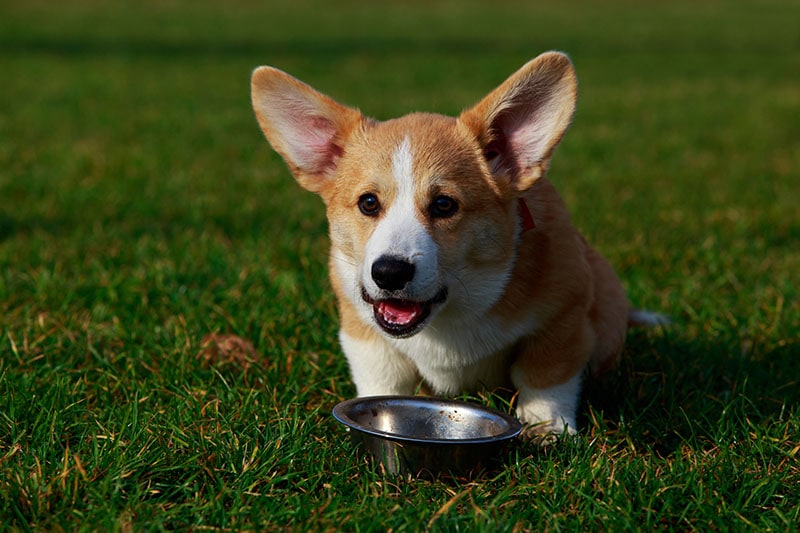
How Often Can a Corgi Breed?
Some breeders choose to breed their females at each heat cycle, while others wait in between cycles. There are health risks to breeding a female too often.
The argument for waiting longer periods between pregnancies is that pregnancy and nursing take a great deal of energy on the mother’s part. Going through this stress repeatedly without rest in between will have an impact on her health.
If you are in doubt about the period between pregnancies, it is best to consult a vet to ensure that the mother dog is healthy enough to breed again. Most experts agree that the optimal number of litters during a female’s lifetime is three or four. Too frequent breeding causes extreme stress and is likely to shorten the mother’s lifespan.
How Much Does It Cost to Breed Corgis?
Breeding for a purebred Corgi litter can cost anywhere between $1,600 and $8,200. There are also unexpected costs that can be incurred, such as those for managing complications of pregnancy or delivery. If a Corgi mother requires a C-section, this will cost an extra $1,500–$2,000.
Final Thoughts
Corgi litters average between six and eight puppies. Since Corgis are small dogs, they can have pregnancy complications, and C-sections are not unusual for the breed. If you are considering breeding your Corgi, it’s important to remember that the pups will all need homes after weaning. Breeding should not be taken lightly and in most cases, should only be undertaken by experienced breeders.
Featured Image Credit: Ilya Barmin, Shutterstock


